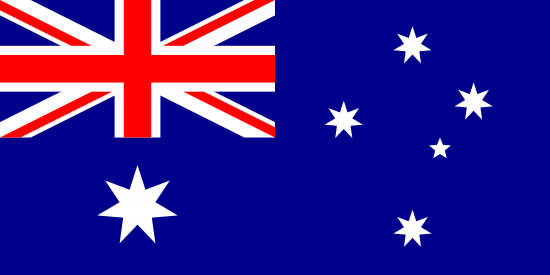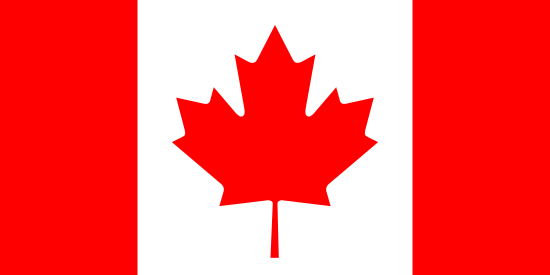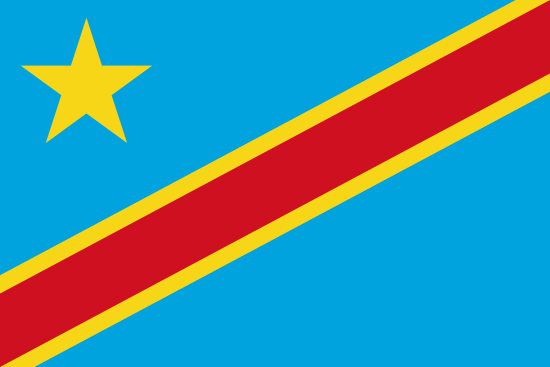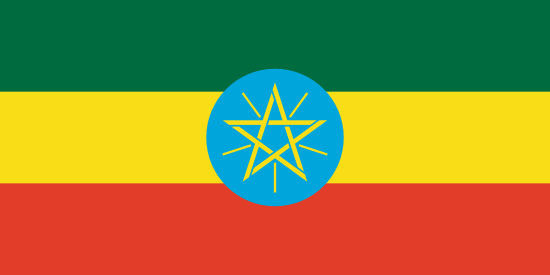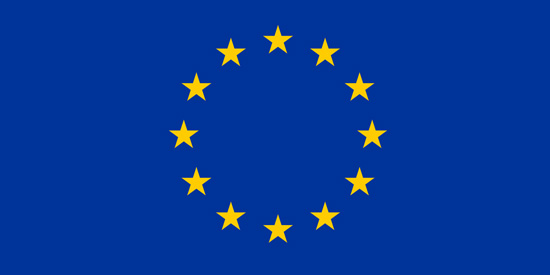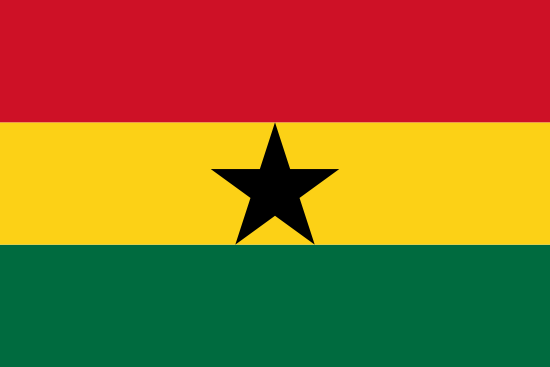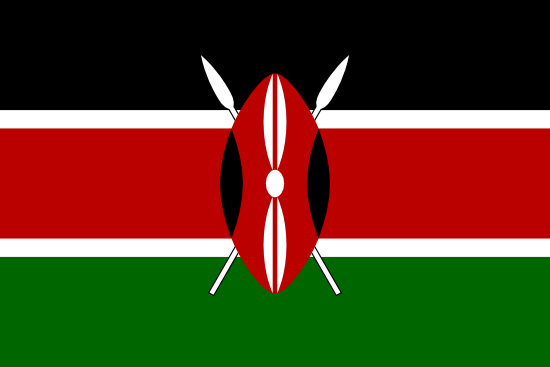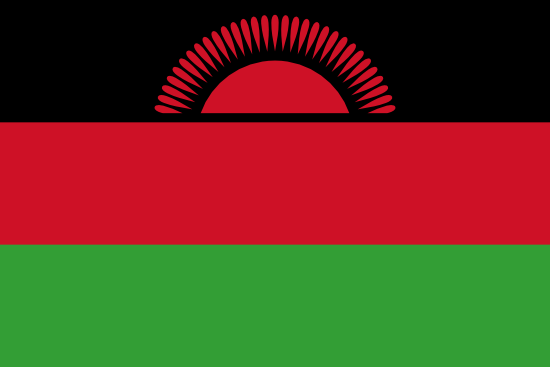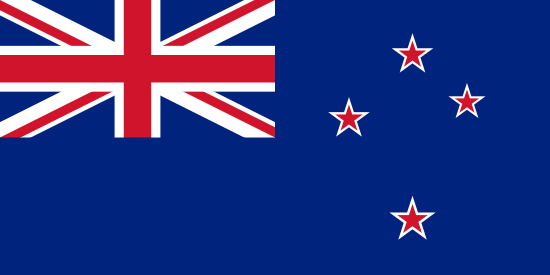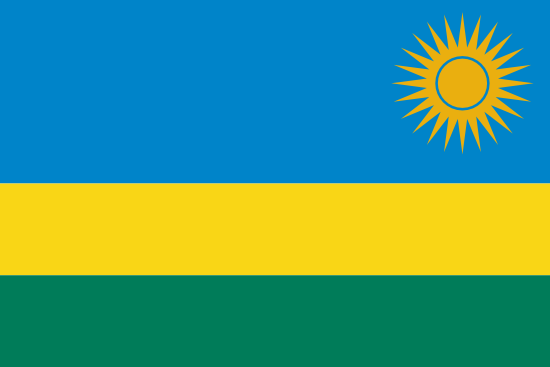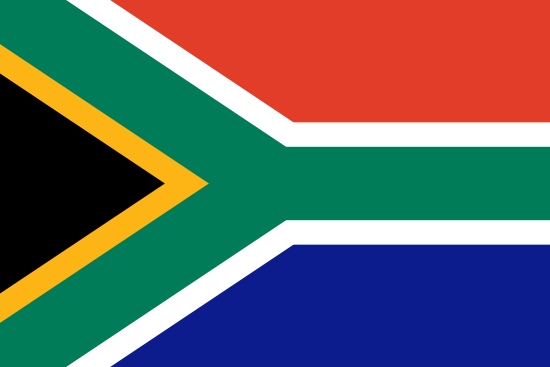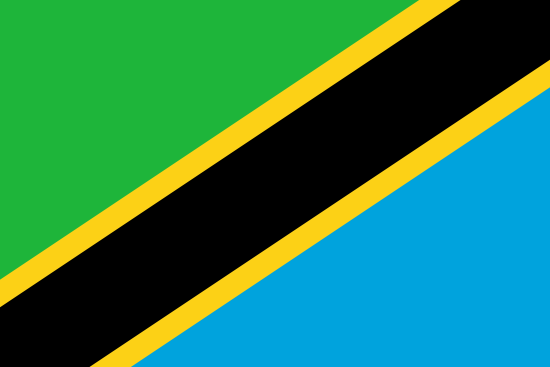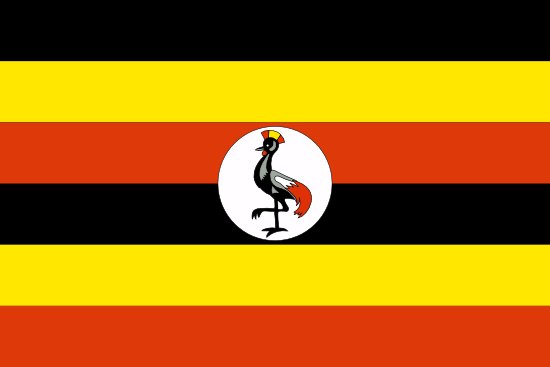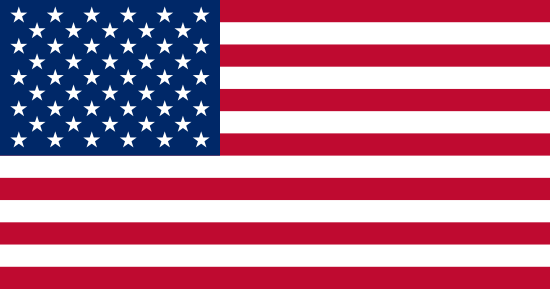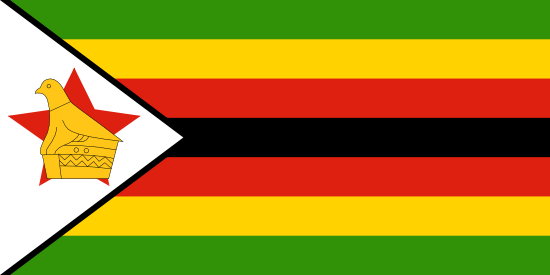Our global future is nothing like our past. The world is reeling as it wrestles to contain the novel coronavirus pandemic and the economic devastation that lies in its wake. What does this struggle look like for the continent with the world’s highest population growth rate, home to twenty percent of humanity? How will COVID-19 affect the continent where more than half of the world’s extreme poor reside?
Although every nation in Africa now has confirmed cases of the novel coronavirus, it is difficult to assess the current extent of COVID-19 across the continent. 44 African nations are currently able to conduct COVID-19 testing, whereas in February, only two were equipped to do so. However, testing rates are still grossly inadequate in many African nations and, in countries like Nigeria and Somalia, a surge in deaths has been noted despite only a small number of confirmed cases. In Tanzania, the national government is no longer releasing case data, despite the fact that the US Embassy has described a dire situation in which hospitals are overwhelmed and the risk of infection “extremely high”.
Prior to the onset of COVID-19, health systems in Africa were already struggling in the face of inadequate resources. In addition to a heavy burden of diseases such as HIV, TB and malaria, Sub-Saharan Africa has the world’s highest maternal and child mortality rates. Tragically, on account of overwhelmed health systems, the current crisis is likely to lead to a dramatic increase in all-cause mortality. There is some hope that Africa, with its median age of 19.7 years, might escape the COVID-19 death toll seen mostly amongst the elderly in other regions. However, underlying illnesses may predispose many in Africa to more severe COVID disease.
The African region is particularly vulnerable to political instability during this pandemic. Nations that were due for elections during 2020, are now faced with the potential for prolonged tenures or flawed ballots. Governments face mounting pressure from desperate and impoverished citizens. At least 40 African nations have implemented restrictions on movement, and for 20 of these nations, the timespan of these restrictions remains undefined. Slum-dwellers who live in crowded shacks without basic amenities, who derive their income from informal employment, are finding it difficult to heed these restrictions, and there have been reports of human rights violations by the authorities charged to enforce them.
In Africa, where over 400 million people live on less than US $1.90 per day, the economic effects of COVID-19 will be vastly different to those seen in wealthier nations. The United Nations’ World Food Programme has predicted that the number of people worldwide suffering from “acute hunger” may double this year. Most of those people live in Africa.
Worldwide, there is a cry for effective short-term aid to assist Africa during this crisis. A substantial aid injection is not only a moral imperative, but also serves the best interests of our global community. Although the vast sums of money required, will require substantial multilateral and bilateral funding, not-for–profit and faith-based organisations do play a unique role in Africa. These organisations are distinctive in terms of their involvement on grassroots level within communities, and they afford individuals like us the opportunity to contribute to global causes.
Might it be possible that our individualistic worldviews are being challenged by this pandemic that has affected us all? Perhaps, it may revive our sense of shared humanity, and the resolve to offer our unique contributions to a world in need. In the words of Rebecca Solnit,
“the proximity of death in shared calamity makes many people more urgently alive, less attached to the small things in life and more committed to the big ones…”
For those of us who have laid claim to faith, there is no greater cause for which we could live, than the love of Christ, outworked in our love for humanity.
